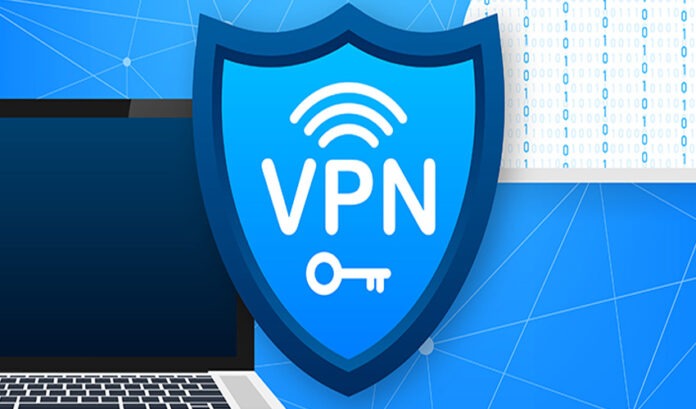Virtual private networks (VPNs) are in high demand as a result of Pakistan’s recent ban on social networking platforms; the Internet privacy business Proton reported a startling 6000% rise in demand for VPNs. This increase is a reflection of citizens’ increased anxiety about government censorship and their ability to access unfettered information and communication channels.
Proton, a Swiss company, has seen such patterns in other areas going through political or social upheaval. The number of VPN users increased by 4,700% in Nepal, 25,000% in Gabon, and an astounding 100,000% in Senegal. The numbers highlight how broad the demand for private and secure online communication tools is, as well as how worldwide the threat to internet freedom is.
Proton has declared its intentions to offer a network of free VPN servers in nations hosting elections this year in reaction to these developments. By providing this service, the firm hopes to give the local populace the ability to elude restrictions enforced by the government and protect themselves from manipulation or disinformation efforts during crucial election procedures. This project serves as an example of the critical role that technology can play in the digital era to uphold democratic values and provide access to objective information.
The rise in VPN use emphasizes the tenacity of people attempting to exercise their fundamental rights as well as the pressing necessity for governments and politicians to protect internet freedom. Any attempt to restrict these freedoms poses a danger to democracy and human rights in a time when online communication has become essential for civic engagement and information access.
It is critical that national and international players work together to protect the open and inclusive nature of the internet as the discussion over internet freedom heats up. This entails putting in place strong legislative frameworks to safeguard digital rights, encouraging technical advancements that improve security and privacy, and encouraging international collaboration to successfully handle threats to internet freedom. We can only guarantee that the digital sphere continues to serve as a forum for social development, democratic dialogue, and freedom of speech by working together.






